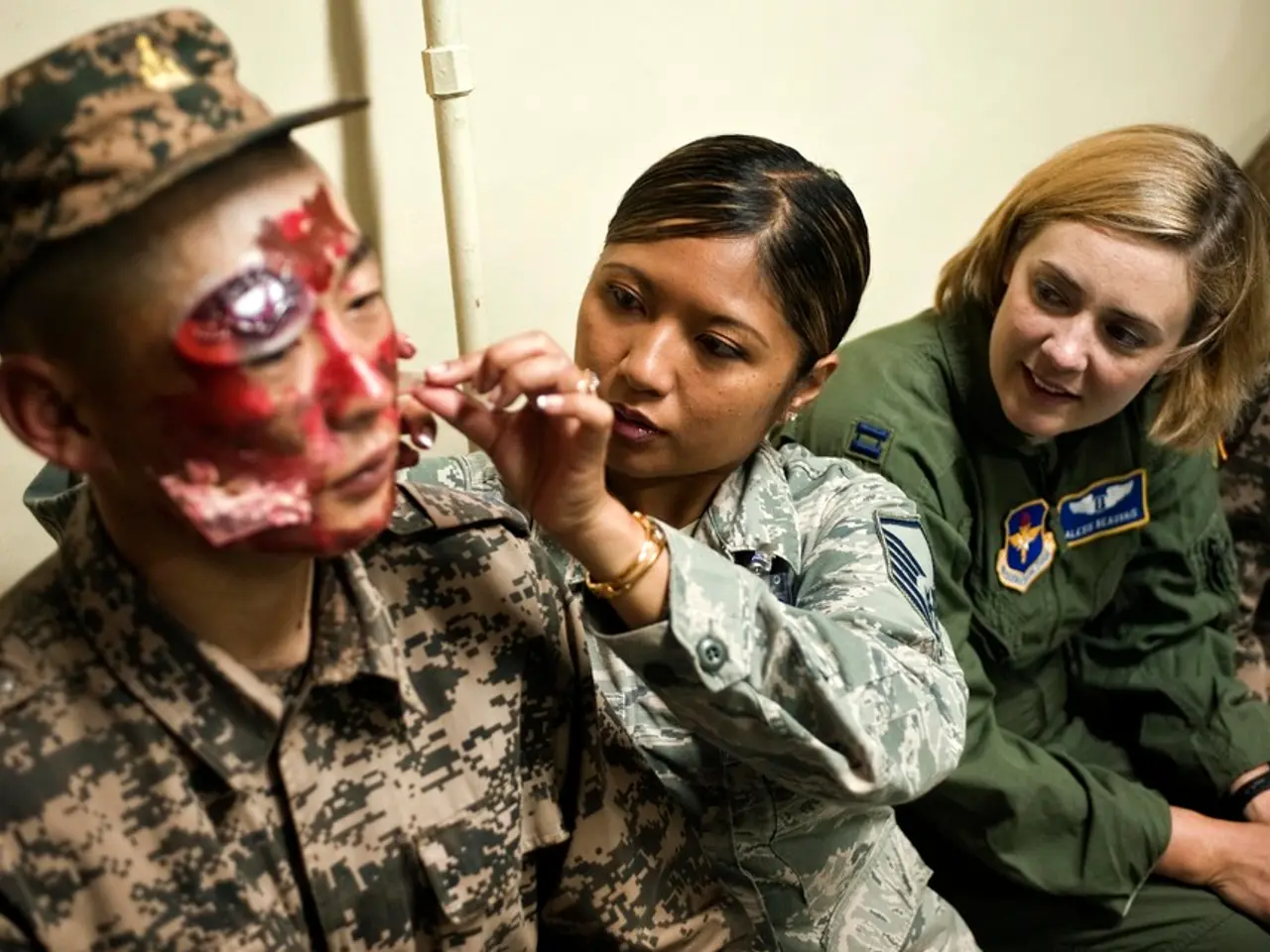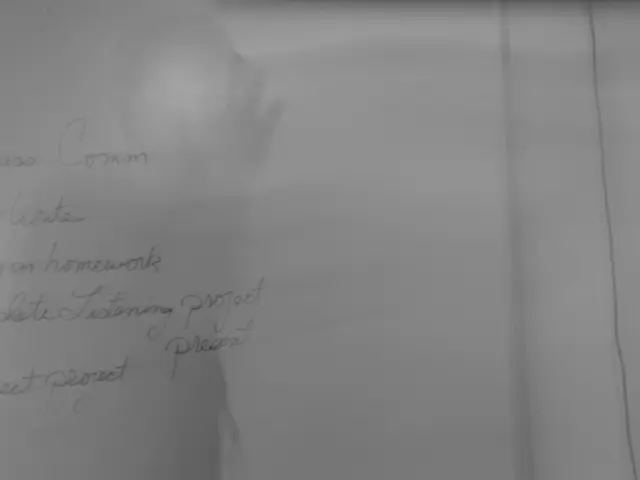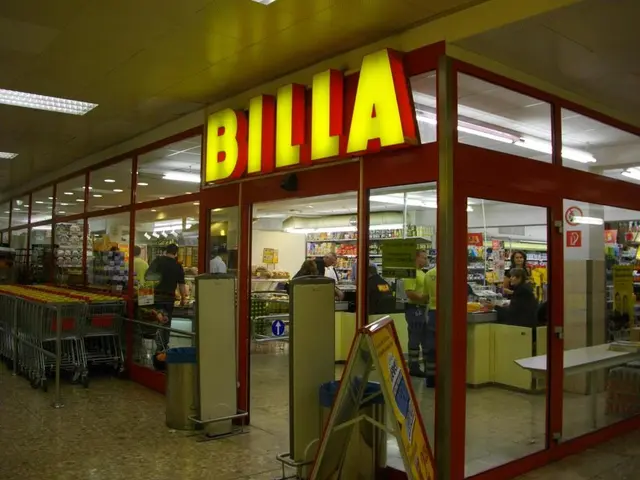Navigating the Pain of Platonic Endings: Mourning the End of Friendships
Friendship breakups, much like the end of a romantic relationship, can be a challenging and emotional experience. The loss of a friend can evoke feelings of grief and sadness, and the healing process can be just as complex.
Understanding the Grief Process
The emotional stages of grief following a friendship breakup often mirror those of a romantic breakup: denial, anger, bargaining, depression, and ultimately acceptance. Dr. Elizabeth Kubler-Ross's stages of grief can provide a framework for individuals to understand and cope with the grief of a friendship breakup.
Similarities and Differences
Both friendship and romantic breakups activate the same brain areas linked to emotional and physical pain. The brain processes the loss as a form of injury, with stress chemicals flooding the system, serotonin dropping (affecting mood stability), and dopamine withdrawal causing feelings of emptiness and loss of pleasure.
However, friendship breakups often lack clear closure or a defining breakup moment, making them sometimes harder to process because the ending may feel ambiguous or unresolved. Social dynamics also differ, as friendship losses may create complicated situations within shared social circles, requiring careful boundary-setting and navigation.
Research indicates people might take longer on average to emotionally recover from significant friendship losses compared to romantic breakups, possibly due to less societal recognition of friendship grief and fewer ritualized closure practices.
Healing Strategies
Healing processes involve acknowledging grief, allowing oneself to experience the loss fully, and gradually working toward acceptance and moving forward. Prioritizing self-care and emotional well-being, taking responsibility for mistakes, and respecting others' boundaries are crucial steps in the healing process.
Taking a break from social media or limiting exposure can help reduce unnecessary stress and promote healing. Reflecting and learning from the experience can provide an opportunity for growth and understanding. Accepting the fact that the person is no more and finding ways to cope with the situation are essential for moving forward in life.
Underestimated and Underappreciated
In society, friendship breakups are often underestimated and not validated with the same sympathy and support as romantic relationship breakups. It is important to remember that the emotional pain and neurological response to friendship breakups are fundamentally alike, requiring personalized healing strategies and sometimes creative closure rituals.
Friendships can also fade due to life changes, distance, busy schedules, or shifting priorities. While the opportunity to repair or recalibrate friendships after loss may be more frequent than with romantic relationships, it is important to approach these situations with understanding and respect.
In conclusion, while the emotional pain and neurological response to friendship and romantic breakups are fundamentally alike, friendship breakups often involve more ambiguous endings, challenging social navigation, and potentially longer recovery times, requiring personalized healing strategies and sometimes creative closure rituals.
Read also:
- CEO Efe Cakarel of film platform Mubi addresses controversy regarding new investor and Israeli military ties, establishes advisory board and fund to safeguard artists under threat.
- Energy Minister of Malawi, Ibrahim Matola, heads Malawian delegation for a knowledge exchange on BESS (Battery Energy Storage Systems), a trip held in India. This exchange is backed by the Global Energy African Partnership Program (GEAPP).
- List of Black Women in STEM Fields Featured on Forbes' 2025 Over 50 List
- Each DFO student tends to select a career path during their initial year.








